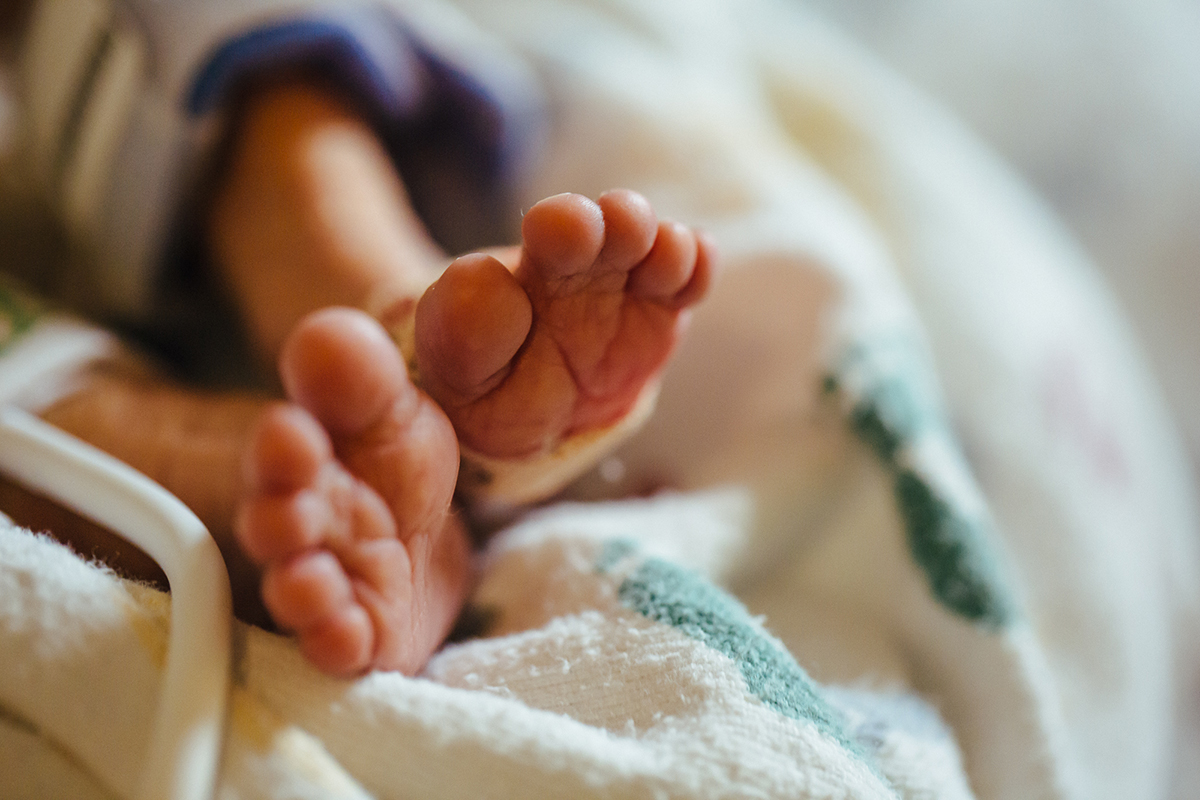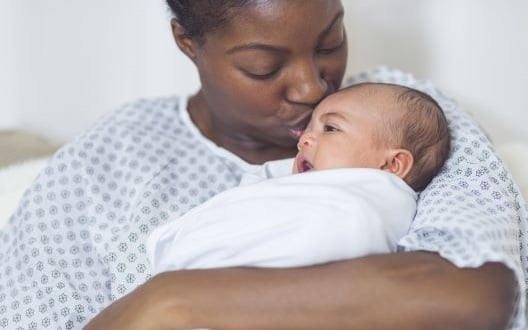
Neonatal Metabolic Disorders

Getting the news that your baby’s newborn screen is abnormal can be scary. The Newborn Screening Follow-up Program at Children’s National guides newborns, their families, and their primary care physicians through the process following an abnormal newborn screen -- from the first phone call until a diagnosis is confirmed or disproved.
Our Providers
Our pediatric specialists provide personalized care for your child’s physical, mental and emotional health needs.
Contact Information
For appointments, please call 1-888-884-BEAR (2327) and for information, call 202-476-2090. For urgent referrals by primary care providers, hospitals and newborn screening laboratories, call 202-259-2601.
Newborn Screening
After birth when they are still in the hospital, all babies who are born in the United States, are screened for diseases that can be harmful or life-threatening if they are not identified and treated early.
This screening test (which some still call the “PKU test”) is done when your baby is a day or two old and is done from a few drops of blood from his or her heel that is then sent to the state newborn screening lab (either Washington, D.C., Maryland or Virginia, depending on where your baby was born). Every baby is tested for over 30 diseases that can affect his or her metabolism (the production of energy from protein, fat and sugar). If the newborn screen is abnormal (“positive”), then the state will contact your pediatrician who then may, in turn, contact Children’s National Newborn Screening Follow-up Program for guidance and expertise.
Our Team
Our program has 10 board-certified medical geneticists who are specially trained and experienced in the confirmation of positive newborn screens and the treatment of metabolic diseases. In addition, the program has a dedicated pediatric nurse practitioner to coordinate the program including office visits and definitive biochemical/genetic testing, two metabolic nutritionists, nine genetic counselors as well as social workers, child-life specialists, insurance specialists and medical interpretation services.
Working within the Rare Disease Institute allows for seamless transfer of care between the Newborn Screening Follow-up Program and the Inherited Metabolic Disorders Program when a newborn is confirmed to truly have a metabolic disease. The two programs share the same clinical space and utilize many of the same clinical staff and hospital resources.
Regional Screening Programs

Connecting You With Programs to Help
At Children’s National, we understand that families have many questions about their child’s condition and care. Your care providers may offer specific resources, but we also have online resources available to answer your questions and connect you with the information you need. In addition to a screening program in Washington, D.C., neighboring states have similar programs.
Locations

Main Hospital
- Specialty Care
- Emergency Care

Rare Disease Institute
Children’s National Rare Disease Institute (CNRDI) is a first-of-its-kind center focused exclusively on advancing the care and treatment of children and adults with rare genetic diseases.




